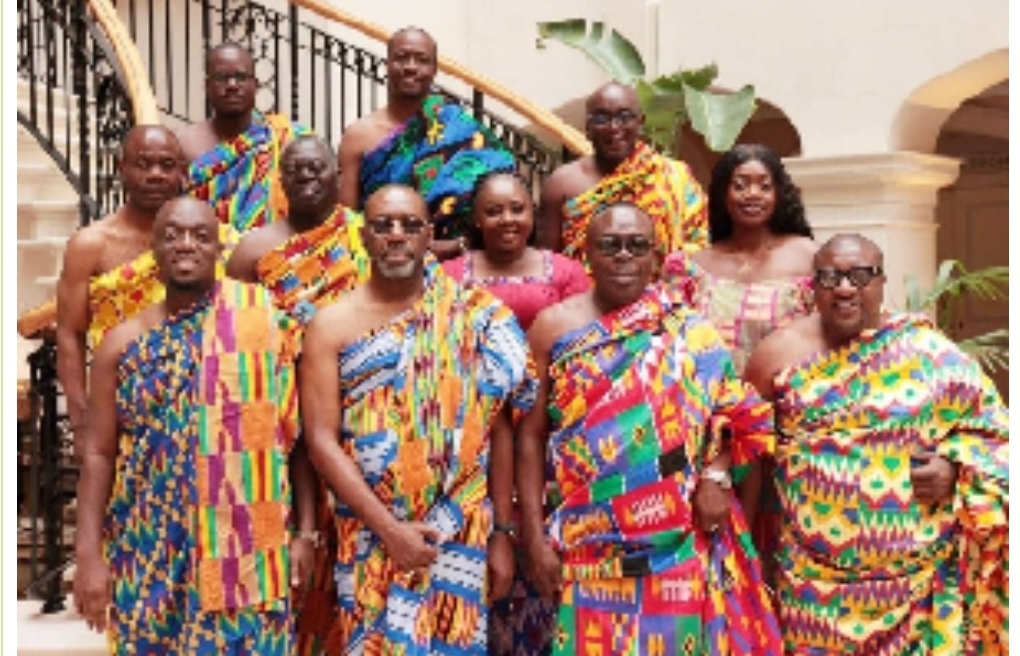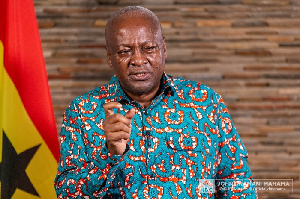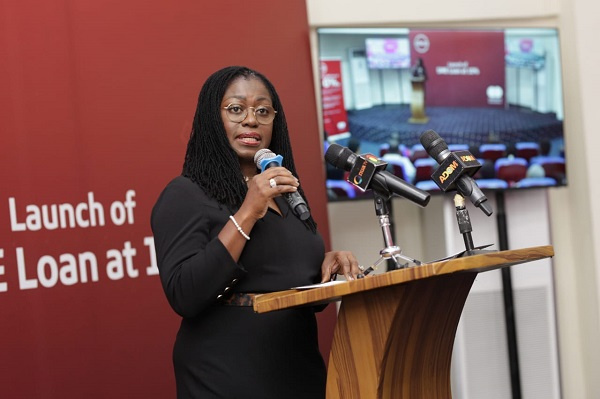African Countries Slams Israel at UN Human Rights Council
African countries, on Monday, sent a strong message to the international community at the 38th session of the United Nations Human Rights Council (UNHRC) in Geneva that the world must act urgently to end Israel’s military occupation of Palestine.
Speaking at a general debate on Item 7 of the UNHRC agenda (the human rights situation in Palestine and other occupied Arab territories), the 54 member-strong African Group, represented by Togo’s Awoki Koinzi, called for an end to the Israeli military occupation of Palestine and the blockade imposed on the Gaza Strip, and condemned Israel for its excessive use of force against Palestinian demonstrators in the Gaza Strip.
Representing 28% of all UN members, the African Group reaffirmed its support for the Palestinian people’s right to self-determination. The African Group also reminded the UNHRC of its obligation to act immediately to ensure that the Palestinian people are able to realise their right to self-determination, justice and freedom. Watch the full African Group statement here.
AFRICA SPEAKS OUT
Apart from the African Group statement, representatives from South Africa, Namibia, Senegal, Nigeria, Zimbabwe, Mauritania, Sudan and Djibouti also made individual contributions at the debate calling for the end of the Israeli military occupation, Israel’s excessive use of force against Palestinian protesters, collective punishment and the Israeli-imposed siege of the Gaza Strip. Representatives also stressed the need to retain Item 7 (which discusses Israel’s occupation of Palestinian and other Arab territories) on the agenda of the UN Human Rights Council.
SOUTH AFRICA’s representative, Nozipho Joyce Mxakato-Diseko, labelled Israel’s policies against the Palestinian people as apartheid. Mxakato-Diseko condemned Israel’s detention without trial policies, violations of due process, settlement construction, population transfers, forced evictions, home demolitions and Israel’s discriminatory planning and zoning policies and collective punishment meted out by the occupying power. Mxakato-Diseko highlighted the treatment of Palestinian women and girls, and lambasted the UN HRC for its inaction in this area. “It is an indictment of this council that no resolution has yet been produced, focusing on women and girls in the Occupied Palestinian Territories (OPT).”
NIGERIA’s representative, Audu Ayinla Kadiri, noted with concern Israel’s continued occupation of Palestine and its lack of will to implement the resolutions so far adopted by the United Nations which are intended to resolve the crisis. Nigeria reaffirmed its “support for the historic struggle of the Palestinian people” and condemned Israel’s excessive use of force against Palestinian protesters.
SENEGAL’s representative, Fatou Gaye, denounced the ongoing deterioration of living conditions of the Palestinian people due to the many constraints imposed – including restrictions on freedom of movement of Palestinians, continued settlement building and the excessive use of violence. Gaye also highlighted Israel’s disproportionate use of force against Palestinian protesters on May 14, and unequivocally expressed Senegal’s solidarity with the Palestinian people.
ZIMBABWE’s representative, Charles Chishiri, expressed his country’s “unwavering support for the principled struggle of the people of Palestine to realise their right to self-determination and to live in peace and justice along the 1967 borders with East Jerusalem as its capital.” Chishri also outlined how Israel’s settlement construction “seriously endangers the viability of a two-state solution.”
NAMIBIA’s representative, Sabine Böhlke-Möller, noted that after “more than 50 years after the occupation of Palestine began, the occupiers’ violation of human rights, international humanitarian law and United Nations resolutions, continues to be committed unabated and with seeming impunity.”
Böhlke-Möller also reminded the Council that Israel continues to deny access to the OPT to UN Special Rapporteurs and all of the Council’s previous commissions of enquiry. “The international community, and especially this Human Rights Council, has an ethical and legal obligation to act effectively and protect the Palestinian people and their human rights. It is imperative that the Council follows up on a regular basis on the implementation of recommendations.”
Responding to Israeli and American claims that the UN HRC unfairly targets Israel, Böhlke-Möller reminded the Council that it must urge Israel to act in accordance with its international obligations to respect the human rights of Palestinians. “The council is not unfairly targeting, or singling out Israel.”
DJIBOUTI’s, Kadra Ahmed Hassan, noted how the recognition of Jerusalem as Israel’s capital had “undermined all attempts at peace, contributed to a dangerous escalation that threatened the stability in the region…and strengthened Israel’s illegal occupation of East Jerusalem.”
MAURITANIA found Israel’s systematic violations of human rights for over 50 years “unacceptable,” reported that country’s representative, Harouna Traore. “It is high time to meet the challenge of holding Israel accountable. We must redouble our efforts, we must work to put an end to this armed occupation, which constitutes an egregious violation of human rights.”
SUDAN’s Osman Hassan Mohamed Hassan said that Israel’s violations of the Palestinian people’s human rights amounted to war-crimes and crimes against humanity.
The entire discussion can be viewed here.
Source: www.afropalforum.com





